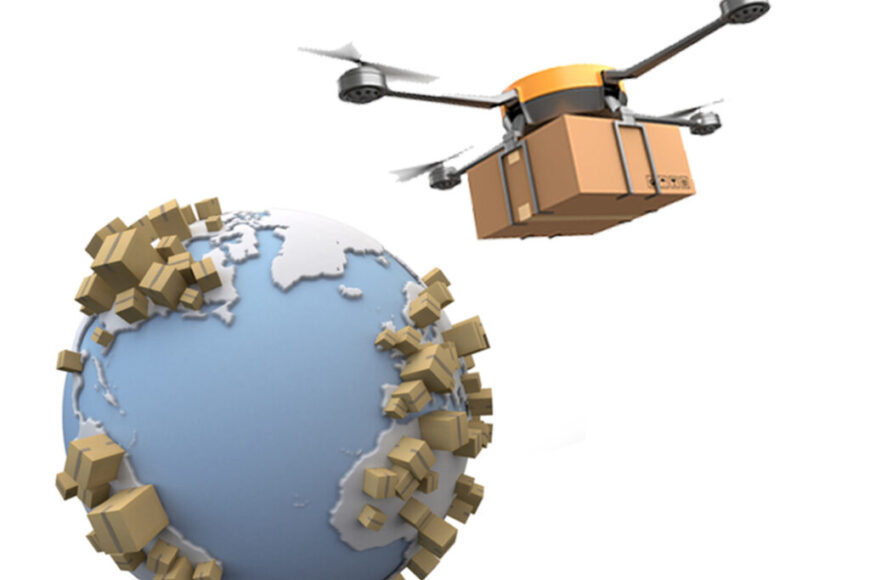
Posted on Logistics
In the ever-evolving landscape of logistics, the adoption of cutting-edge technology has become more than just a trend; it’s a necessity. As supply chains become increasingly complex and global, businesses are turning to innovative tech solutions to streamline operations, enhance efficiency, and stay ahead of the competition. In this blog post, we’ll explore the transformative impact of adopting technology in logistics and how it is reshaping the future of the industry.
- Real-time Visibility and Tracking: One of the key advantages of integrating technology into logistics is the ability to gain real-time visibility and tracking of shipments. Advanced tracking systems, powered by GPS and IoT devices, enable businesses to monitor the movement of goods at every stage of the supply chain. This not only improves overall transparency but also allows for quicker decision-making and response to unexpected challenges.
- Data-driven Decision Making: The logistics industry generates an immense amount of data, from order processing to delivery routes. Leveraging data analytics and artificial intelligence (AI) can provide valuable insights into patterns, trends, and areas for optimization. By making informed decisions based on data, logistics companies can enhance efficiency, reduce costs, and better meet customer demands.
- Automation and Robotics: Automation has become a game-changer in logistics, with the integration of robotics in warehouses and distribution centers. Automated guided vehicles (AGVs) and robotic arms can handle repetitive tasks such as picking and packing, allowing human workers to focus on more complex and strategic aspects of the supply chain. This not only increases productivity but also reduces the risk of errors.
- Blockchain for Transparency and Security: Blockchain technology is gaining traction in logistics for its ability to enhance transparency and security. By creating an immutable and decentralized ledger, blockchain can track and verify every transaction in the supply chain. This ensures the authenticity of products, prevents fraud, and simplifies the verification of shipments, leading to increased trust among stakeholders.
- Predictive Analytics for Demand Forecasting: Predictive analytics utilizes historical data and machine learning algorithms to forecast future demand accurately. In logistics, this capability is invaluable for optimizing inventory levels, ensuring timely replenishment, and minimizing the risk of stockouts. By aligning supply with demand, companies can reduce costs and improve overall efficiency.
- Drones and Autonomous Vehicles: The rise of drones and autonomous vehicles is revolutionizing last-mile delivery. Drones can reach remote or congested areas quickly, while autonomous vehicles eliminate the need for human drivers, reducing labor costs and improving delivery speed. These technologies are not only efficient but also contribute to sustainability efforts by minimizing carbon emissions.
Categories Logistics
